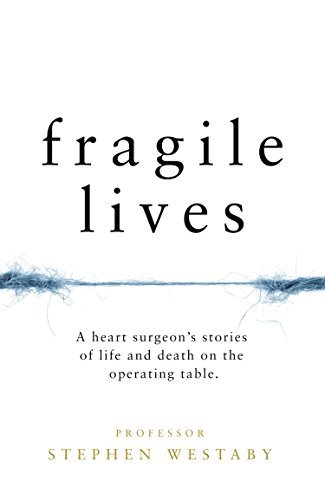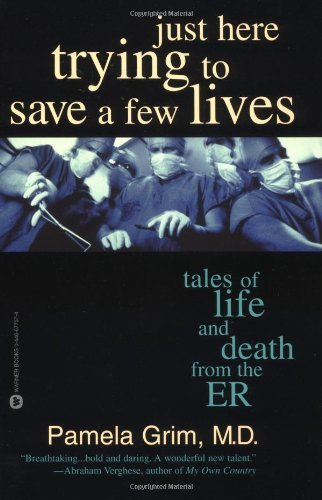
Complications: A Surgeon's Notes on an Imperfect Science
Book Description
What if every incision held the weight of human life? In "Complications: A Surgeon's Notes on an Imperfect Science," Atul Gawande pulls back the curtain on the high-stakes world of surgery, revealing the artistry and chaos behind each procedure. Surgeons grapple with uncertainty, human error, and ethical dilemmas, confronting the delicate balance between precision and unpredictability. With gripping stories and compelling insights, this narrative explores the limitations of medicine and the profound responsibility that comes with healing. How do we navigate an imperfect science when lives hang in the balance?
Quick Book Summary
In "Complications: A Surgeon's Notes on an Imperfect Science," Atul Gawande penetrates the often opaque world of modern surgery, exposing the uncertainties and moral conundrums that practitioners face. Through vivid case histories, personal anecdotes, and thoughtful reflection, Gawande illustrates the reality that medicine, far from an exact science, is riddled with ambiguity. Surgeons must make critical decisions based on limited information, wrestling with their own fallibility and the inherent unpredictability of the human body. Blending memoir with medical commentary, Gawande explores the intricacies of training, the growth and learning needed in high-stakes environments, and the persistent presence of mistakes. Ultimately, the book is a candid meditation on the nature of healing and the limits of knowledge, inviting readers to appreciate the humanity at the heart of clinical practice.
Summary of Key Ideas
Table of Contents
Embracing Uncertainty in Medicine
Atul Gawande opens his memoir by examining the essential uncertainty that permeates all of medicine. He illustrates how, in the operating room, even the most grounded science cannot account fully for individual variation or unpredictable developments. Gawande candidly shares cases where unexpected complications arise, forcing him and fellow surgeons to adapt quickly, make judgment calls, and sometimes accept outcomes that are less than ideal. This theme of uncertainty forms the book’s backbone, reminding readers that both triumph and failure coexist in the operating theater.
Human Fallibility and Medical Error
Gawande explores human fallibility, confronting the inevitability of mistakes in medicine. He recounts personal errors, those of his colleagues, and high-profile cases that provoke public debate. Rather than offering excuses, he analyzes why errors occur—focusing on factors like fatigue, distraction, cognitive bias, and the subtle pressure of expectation. The author stresses the necessity for transparency and learning from mistakes, positing that systemic change and humility are pivotal for improvement and that doctors, despite their expertise, remain fundamentally human.
The Art and Evolution of Surgical Training
The development of skill in surgery is another central concern. Gawande demystifies the process by which residents evolve from tentative novices into confident practitioners. He describes the “choreography” of training—repetitive practice, hands-on experimentation, and mentorship—and addresses the tension patients may feel about being treated by doctors still honing their craft. While medical education inevitably exposes patients to some risk, Gawande argues that calculated exposure and monitoring is the only path to cultivating capable new surgeons.
Ethical Dilemmas and Decision-Making
Interwoven throughout the narrative are profound ethical questions. Gawande reflects on dilemmas around autonomy, consent, rationing care, and experimental procedures. He emphasizes the difficulty of making quick judgments about life and death, especially in acute and ambiguous situations. The book suggests that the ethical imperative in medicine is not perfection but the willingness to confront moral complexity, to communicate openly with patients, and to make the best possible decisions with incomplete information.
The Intersection of Science, Art, and Empathy
Ultimately, Gawande positions surgery at the crossroads of science, art, and empathy. He discusses advances in technology and technique but insists that relationship-building and intuition are equally vital. By sharing a spectrum of patient stories—some tragic, some inspiring—he conveys the emotional stakes for both patients and physicians. "Complications" concludes with a poignant message: medicine’s imperfection is inescapable, but through curiosity, honesty, and compassion, doctors can serve their patients—and themselves—with dignity.
Download This Summary
Get a free PDF of this summary instantly — no email required.





